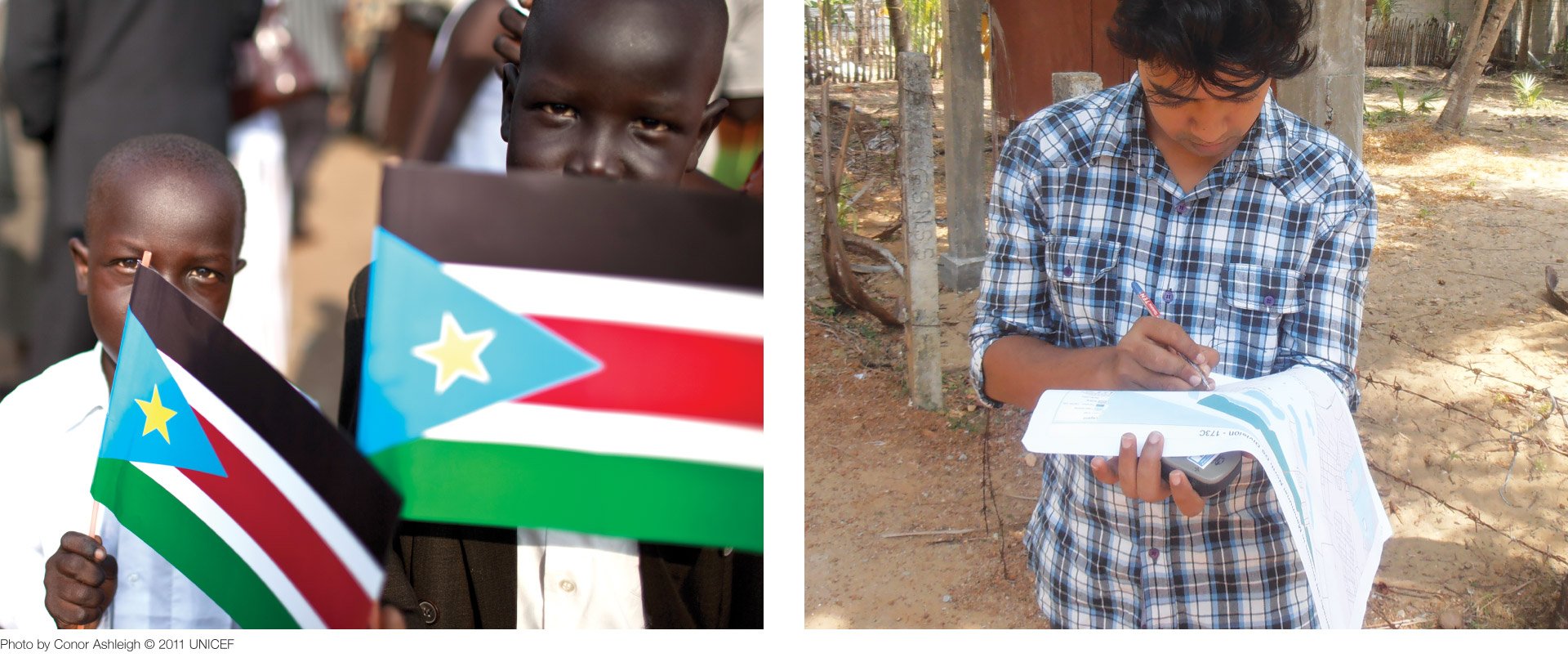Consulting for NGO’s
My long-standing relationship as a consultant with the UNICEF and The World Bank is attributable to my skills in organizational design. Both institutions are paving new roads into the technology-for-development and social innovation arena; my role has been to work with on-the-ground stakeholders and codify their learned experience into accessible learning material, as well as to understand and identify how potential roadblocks can be prevented from propagating further. I use my visual and communication skills as a designer to illustrate how innovation can progress more quickly with good information at hand.
UNICEF’s Innovation Lab DIY Guide
A major initiative within UNICEF is the advancement of their innovation lab network. When I began as the lead designer for this DIY Guide there were four established labs, as of this writing there are now fifteen labs worldwide. UNICEF ultimately aims to have thirty simultaneously operating labs. Every new lab needs a supporting tool to help them go from idea to launch, and our team (myself along with Innovation Unit Co-Lead Christopher Fabian and consultant Dee Kim) researched, wrote, and developed the materials that serves to assist these lab leaders across the globe. The Guide has subsequently been translated into Arabic and Spanish, advancing its reach even further.
DIY also means to define your lab’s own direction
New lab leaders can learn from more established labs but fledgling operations must be sensitive to their own particular circumstances. What we learned through iteration and collaboration is that we cannot be prescriptive. For that reason, this project was more than a simple How-To, we needed to become a resource that empowers stakeholders to define their own direction.
The World Bank’s Open Data for Resilience Field Guide
The World Bank’s Global Facility for Disaster Reduction and Recovery (GFDRR) is spearheading an initiative called OpenDRI, and I was brought on as a consultant to create a toolkit for people looking to learning and build support around this topic.
A Resource for Non-Technical Stakeholders
OpenDRI involves the utilization of digital tools to open source governments’ disaster resilience data, where it has a greater capacity for accuracy and value to the community. OpenDRI also encourages the collection of more comprehensive exposure data for high-risk communities, an endeavor that involves a true community effort. I was proud to be a part of this project, which has the honor of having been included in the White House’s Climate Data Initiative.







